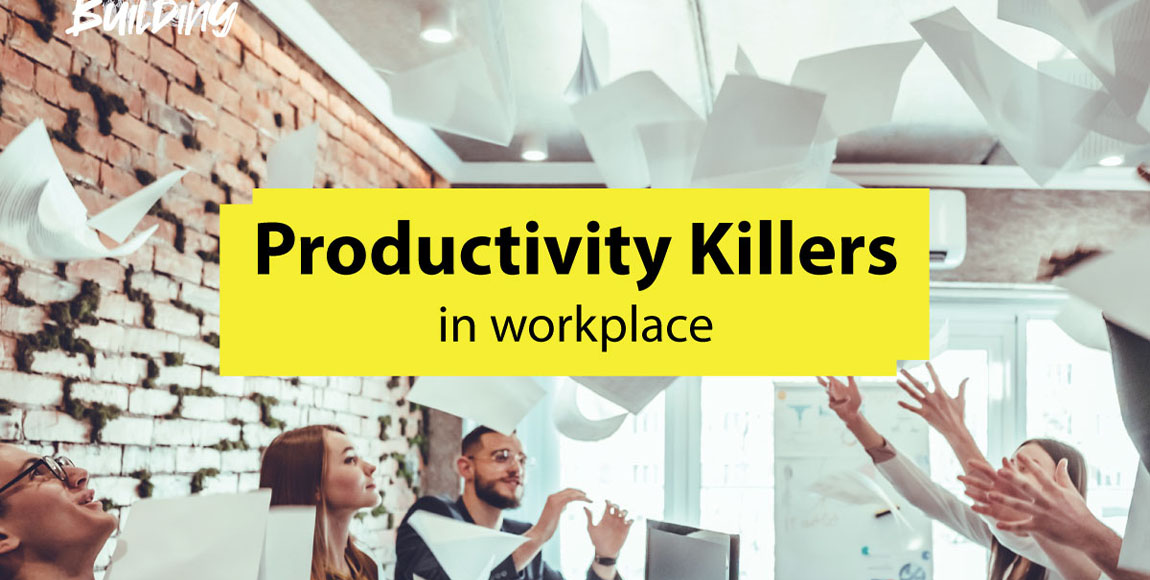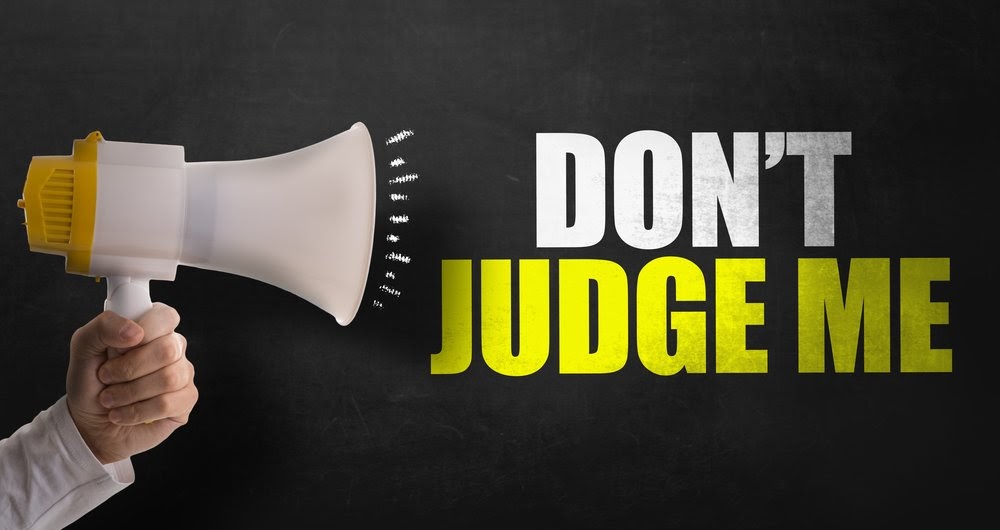
Productivity Killers in Workplace
What does productivity mean? How do we measure productivity? The answer depends on the industry or the role that you are in. For example,
a. if you are doing sales, it might be measured by the revenues made
b. if you are doing manufacturing, it might be measured by the number of products produced within the given time
c. If you are doing the administrative task, it might be measured by the number of tasks completed daily
d. If you are in the service line, it might be measured by the number of customers served
Generally, there are 4 main factors that make productivity – manpower, resources, processes, time. How are these factors linked to each other? Through communication – being as crucial but also the common cause for productivity delay. We have identified the top 3 miscommunication that kills productivity:
‘I thought’ syndrome
We often have the feeling that ‘we know’ stuff, maybe acquired through our experiences. We make assumptions based on the bit and pieces of information that we have and sometimes do not even bother to clarify whether they are true or not. For example:
Colleague A: “Hey B, what’s the status of the report ya?”
Colleague B: “Oh it is fine, I submitted it last Friday. Finally, we can breathe, no more follow up needed on that one”
Colleague A: “That’s one great news!”
Colleague B: “Let’s focus on other projects now”
From the conversation above, do you know which report they are talking about? No? Neither do I. What if they only assumed that they were talking about the same report? The consequences? No one follows up, project result and timeline affected, lose clients.
To avoid such losses, why not take a few seconds more to verify messages, questions, instructions? I believe that it is the responsibility of everyone involved in the conversation.

Hearing vs Listening
What is the difference? Hearing refers to receiving waves to your ears while listening involves processing it into information because you know you got to respond to it. That is why it is said that ‘when you hear, you react. when you listen, you respond’. It is bad enough that we usually hear instead of listening, do you notice that we sometimes have our auto-filter on and only hear what we want to hear?
So the tip is, always remember the reason you are having that conversation in the first place. If you are supposed to respond to it, you have to listen carefully to the message given.
Prejudgement
What is the difference? Hearing refers to receiving waves to your ears while listening involves processing it into information because you know you got to respond to it. That is why it is said that ‘when you hear, you react. when you listen, you respond’. It is bad enough that we usually hear instead of listening, do you notice that we sometimes have our auto-filter on and only hear what we want to hear?
Prejudgement is like a pre-set filter that you switch on for certain things or people, even though we might never use that thing or meet that person before. For example, when you prejudge that:
Example 1: B is lazy – the work that B does might not be well prepared. So I got to do a few layers of checking to ensure things are right.
Example 2: C is bad at money management and always has insufficient money towards the end of the month – C will definitely ask to borrow money from me if she sees me. So I will avoid seeing her.
Example 3: Cheap things do not last – because they are made of cheap materials that are of low quality. So I will only buy highly-priced things because they are usually durable and have high quality.
Taking this to the workplace – as much as prejudging others is a bad attitude, it is also an unhealthy one, especially for the ones who prejudge. Why? Because it causes discomfort, annoyance, anger, and frustrations. The longer these feelings are bottled up inside you, the unhappier you become. Is it worth it? The best way to change this is to change your filters or perception towards others. If they are really lazy, not accountable, have a negative influence on others, etc…, then you should talk to them, be REAL.

4 REAL Communication Tips
#1 Set the PURPOSE and OUTCOME of the conversation
Before starting the conversation, ask yourself 3 times – what do you want to get from the receiver or get across to that receiver? It is very important that you are clear with the purpose of the conversation and the outcomes that you wanted so you are prepared to catch the right thing. In other words, Be Purposeful and Intentional when conversing. It is OKAY to think for a few seconds before speaking.
#2 Reflecting and Understanding the MATTER (Environment)
Before responding to a situation or problem, take time to understand the situation first – what is the problem? Who is involved? etc. Ask the right question to the right person to get the information you needed to make an informed decision. Think about how the matter matters to you. You will find yourself being focused on finding the root cause and solution to the problems. You will realize that you are working towards a solution instead of against the people involved.
#3 Speak his/her LANGUAGE and PROGRAM
Just like how different computers run with different software and programs, the same goes for the human mind. That is why your image of pizza might not be the same as others’ image of pizza. So when communicating with others, try to identify their language and program and construct your message accordingly.
#4 RELATIONSHIP vs Principle
Often people are caught in a dilemma between sticking to their principles or bending the rules for the sake of relationships. In this case, what can you do? Start by Identifying the relationship line – who, what, how does it happen? Remember to look at the bigger picture and think carefully is it worth it to break the relationship? The best practice is to put People first, Matter second. However, it is subjective to the situation and your values. Relationship vs. Principle – which one would you choose?
